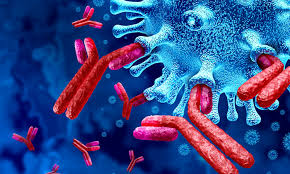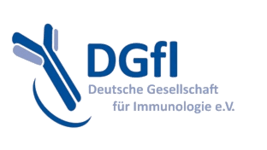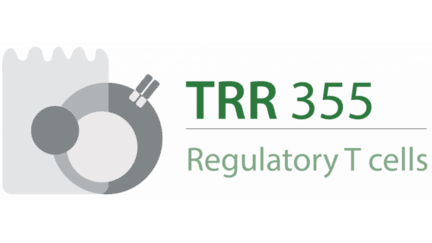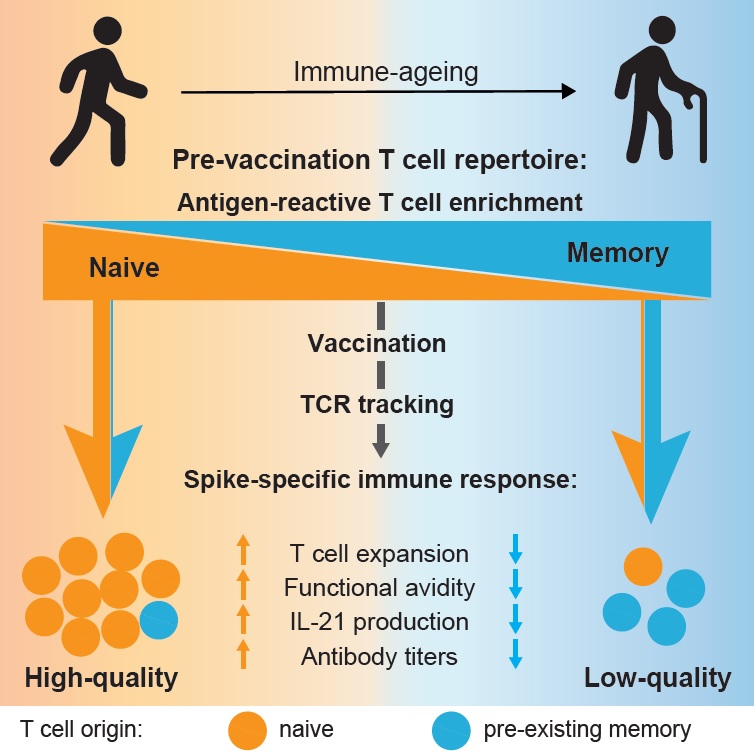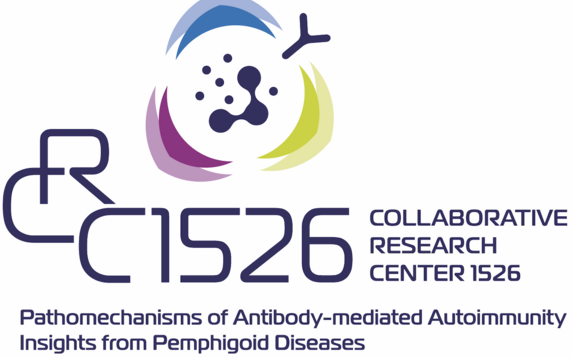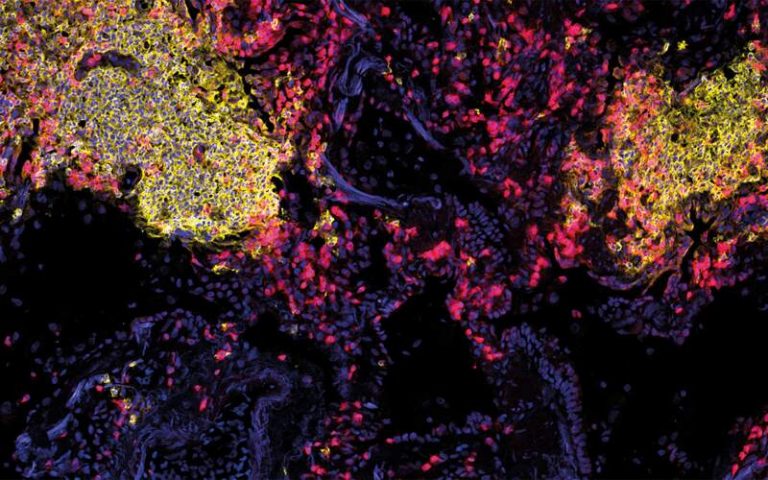Most metastatic cancers remain incurable due to the emergence of apoptosis-resistant clones, fuelled by intratumour heterogeneity and tumour evolution. To improve treatment, therapies should not only kill cancer cells but also activate the immune system against the tumour to eliminate any residual cancer cells that survive treatment. While current cancer therapies rely heavily on apoptosis — a largely immunologically silent form of cell death — there is growing interest in harnessing immunogenic forms of cell death such as necroptosis. Unlike apoptosis, necroptosis generates second messengers that act on immune cells in the tumour microenvironment, alerting them of danger. This lytic form of cell death optimizes the provision of antigens and adjuvanticity for immune cells, potentially boosting anticancer treatment approaches by combining cellular suicide and immune response approaches. In this Review, we discuss the mechanisms of necroptosis and how it activates antigen-presenting cells, drives cross-priming of CD8+ T cells and induces antitumour immune responses. We also examine the opportunities and potential drawbacks of such strategies for exposing cancer cells to immunological attacks.
Immunogenic cell death in cancer- review from Dieter Adam and colleagues in Nature Reviews Cancer
12.03.2024
Most metastatic...
